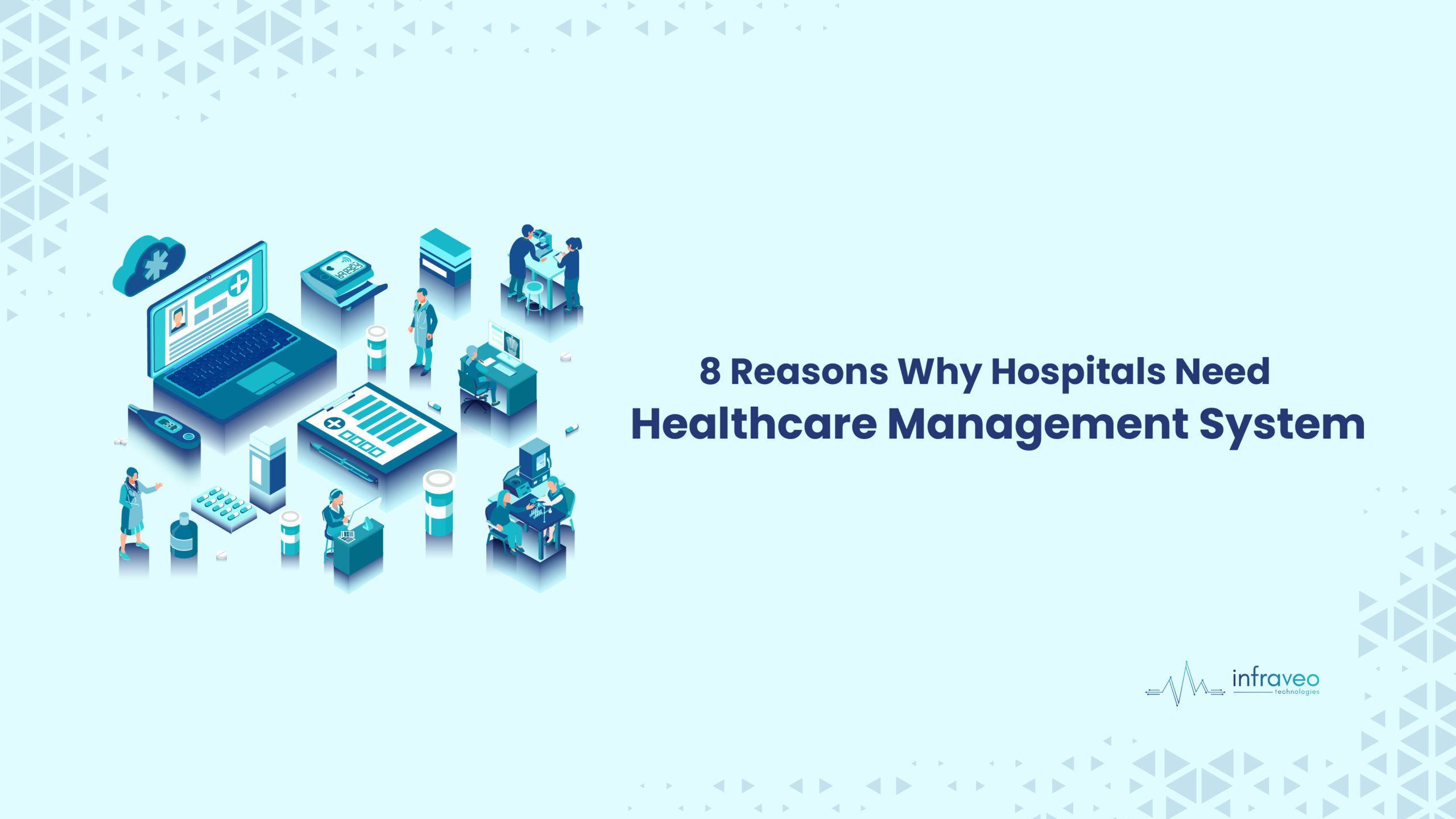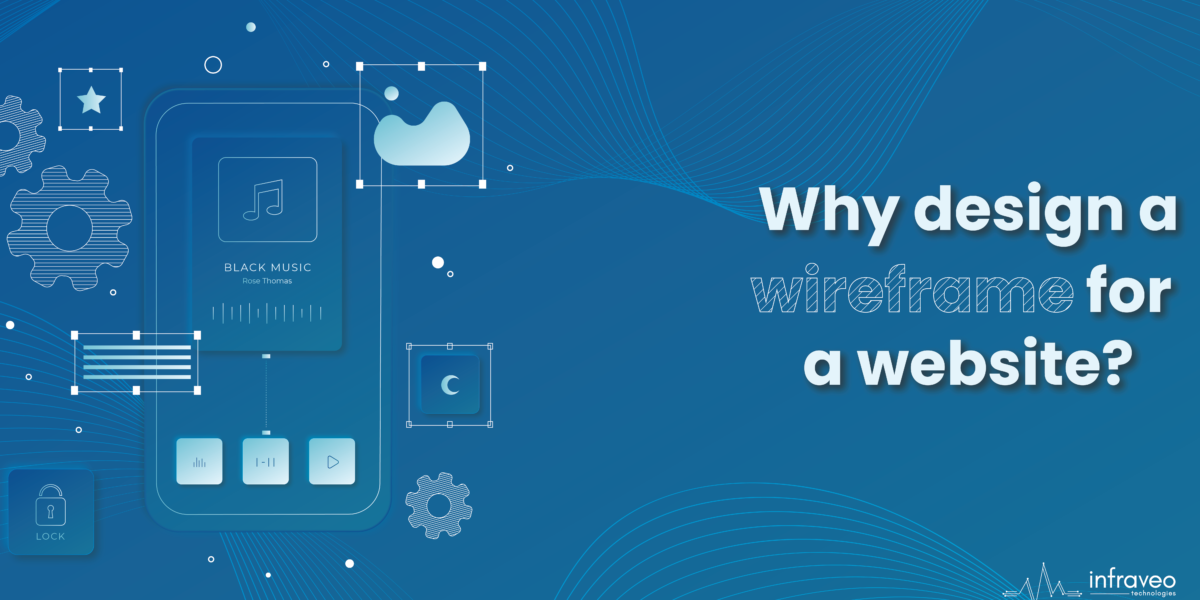Introduction
The Healthcare Management System was created to make sure that everything runs smoothly and efficiently. Many people visit and exit the hospital every day, making it difficult to keep their information secure. The system helps improve patient care by keeping all records up to date, tracking procedures and procedures, and handling financial transactions. It also allows for easier communication between staff members and patients and better understanding of how each department works together. The hospital records management system monitors all activities, archives user data, does analysis, and creates reports. The medical institution is offered the option to centralize its information. It contains patient and doctor records, as well as financial and supply management information.
What is a Healthcare Management System?
A healthcare management system (HMS) is a computer-based or web-based software system that helps administer the complex processes and workflows inherent in a hospital’s daily operations. It offers interfaces for a hospital’s (or any medical facility’s) many stakeholders to capture, access, manage, and report information on every aspect of the hospital’s operation.
8 Reasons Why Hospitals need healthcare management systems.
Secure Your Data:
HMS is a software solution that secures sensitive data and protects it from loss and theft. It makes sure that the information you store on your computer is kept safe and helps prevent the possibility of data theft.
Track Financials Better:
Having a healthcare management system in place can assist the hospital’s Finance department. An HMS allows them to better track revenues, outflows, loans, and receivables. The financial reports that an HMS can generate would provide a realistic image of a hospital’s health to hospital administration.
Accounting:
The Accounting section is responsible for keeping track of all payment and financial data for both clients and the medical institution. It keeps track of patient payments, as well as hospital spending and total profit.
Medicine management:
The medicine management section includes a list of medications that are often used for specific treatment. It maintains track of all medications administered to patients during their treatment. Maintain records of medicine purchases, sales, and stock data with day-to-day activities.
Report management:
The report management section stores the previously processed detailed information. This element assists management in collecting, analyzing, and displaying performance data in a comprehensive format. This section allows you to access the reports created and create new ones. The reports are categorized by department or branch and can be accessed from the main menu.
Inventory management:
The inventory management strategy can improve the clinic’s inventory. For the convenience of the staff, who can then concentrate on the requirements of the patients, the whole supply chain has been done automatically. This will help them to track and manage their inventory better, and it will also reduce costs by eliminating unnecessary expenses such as lost or damaged products.
Appointment module:
The appointment modules in healthcare management organize doctors’ schedules based on patient applications. It helps with the scheduling of medical specialists at any suitable time. When you require quick care, some hospitals will even make a remote visit.
Back-Office Management:
Back-office management is the handling of office administration. Its service facilitates phone conversations, visitor scheduling, appointment reminders, and other activities.
Employee Monitoring:
It updates employee job descriptions, modifies the hospital structure, and keeps track of recruiting records. It allows you to track employee/doctor data such as attendance, leaves, appointments, and so on from anywhere and at any time.
Conclusion
With HMS, the healthcare industry will be able to efficiently gather, store, and retrieve medical data from each patient that visits. This information can assist the hospital’s research wards and pharmacy in better estimating the hospital’s needs. Need to improve healthcare management or want to improve healthcare with a new software system? The healthcare system software is an excellent choice for any health Centre. If you want to build your next perfect healthcare solution then, we can help you out. We at Infraveo Technologies help in providing the necessary tools to succeed by trying to give a wide range of services including custom software development, website / web app development, cloud services, and technologies that may help you manage your business more effectively by providing you the support, growth, and quality service you need. For more information, please click here.




